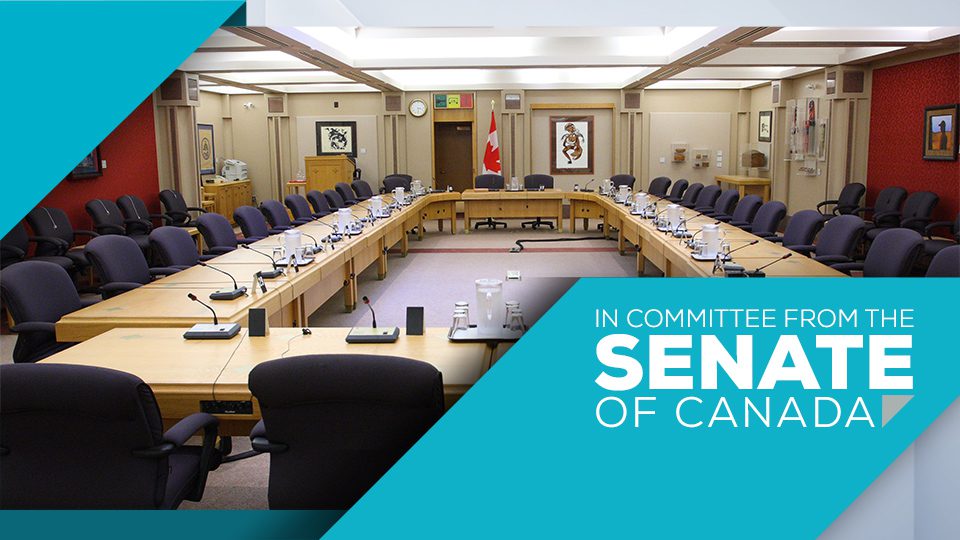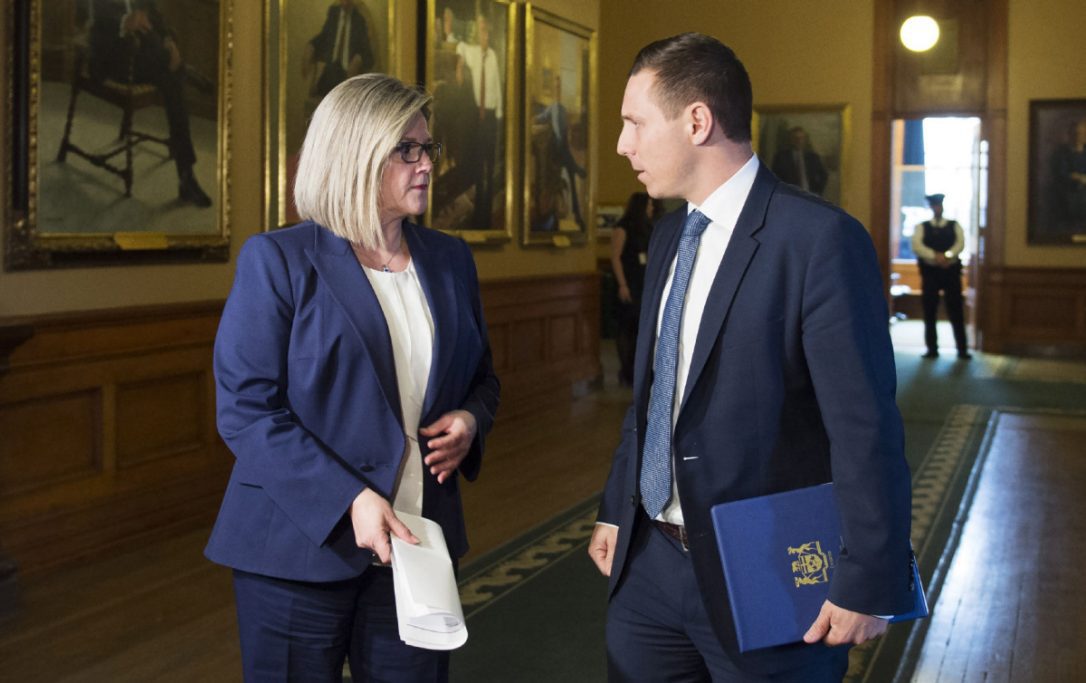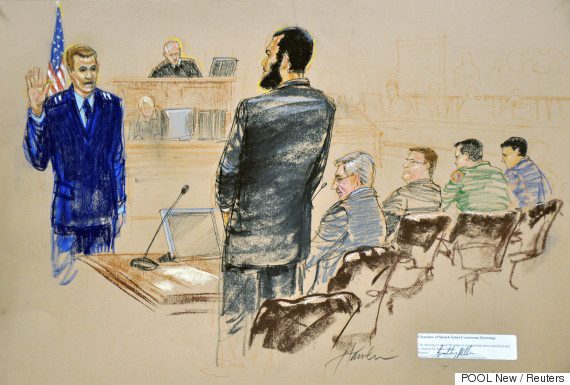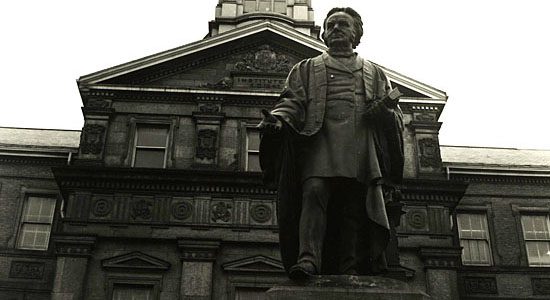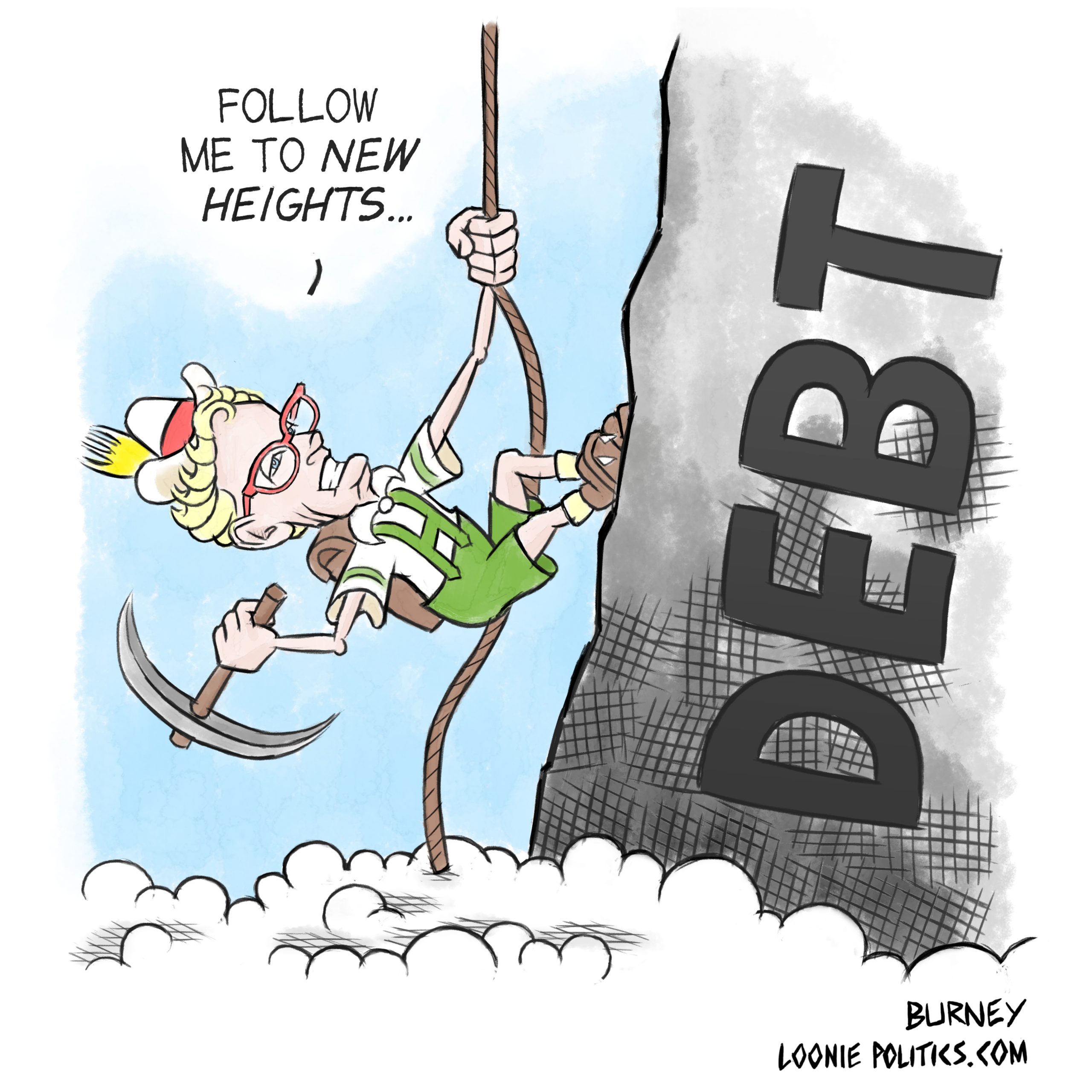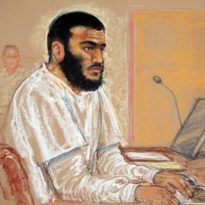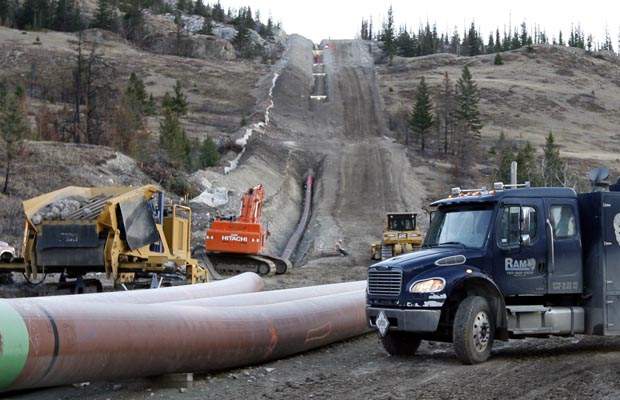If Prime Minister Justin Trudeau is to be believed, there won't be a prorogation this fall, a decision that will have consequences in the Senate as their interim order around the composition of committees expires in October. The battle to control a number of Senate committees will get underway when the Senate returns in the fall, and could have lasting reverberations on the institution.
Under the regular rules of the Senate, committees are constituted at the beginning of a parliamentary session, whether after an election or a prorogation. The interim order was designed as a stopgap measure to integrate the swath of new senators into committees as there was an impatience for them to dive right in and get to work, never mind that most of them barely knew the lay of the land and hadn't learned the basics of the rules of the Chamber, let alone its operational quirks. But as the number of new appointments grew, the clamour for those new senators to start committee work grew increasingly fevered, and the Senate as a whole came up with the interim order. Instead of committees of ten members, they temporarily boosted them to fifteen to reapportion seats for new independent senators (as generally one of the two main parties would have to surrender a seat to an independent senator something that they had started to do before the interim order happened), but kept the same chairs with the understanding that it would be revisited upon prorogation or after October 1st, whichever happens first.
With no prorogation in the works, it will become up to the Senate as a whole to come up with a procedural tool to reset the committees, and how they plan to allocate committee chairs on a more-or-less proportional basis. While this isn't as much of an issue with some of the standing committees, where it will matter is who gets control over two of the most important committees the Internal Economy, Budgets and Administration committee, and the Rules, Procedures and Rights of Parliament committee. And with the seat counts between the Conservatives and the Independent Senators Group being so close with the possibility that the scales will tip in the favour of the ISG if those seven vacant seats are filled before the Senate returns then it will become a battle for who gets to shape the Senate according to their vision of how the system works.
Why is this more than just business as usual is because many of the independent senators are still lacking in enough experience in how the chamber operates that they risk imposing a naïve view of the institution onto the country, or worse, a misguided view like doing away with the Westminster character of the body something that the likes of Government Leader err, "representative," Senator Peter Harder, has been encouraging in as many outlets as he can find. As more independent senators are appointed, each empowered with this heady notion of what they think an "independent Senate" is supposed to look like, the risk to the overall structure of the institution are immense, and that will inevitably have an effect on how they are able to hold the government to account in a meaningful way going forward.
And it's not just with the rules, but also with how funding is allocated. With more independent senators on Internal economy, there will be greater agitation for things like research dollars for independent senators, since they don't have a caucus where they can centralize research dollars and efforts as is normally the case (and no, the ISG's newfound secretariat doesn't have a research component they are largely concerned with procedural matters and providing logistical support to independent senators, which are bigger considerations than most people might realize). I am also concerned that they will be more compliant in approving bigger budget allocations for Harder's office (whose budget I already can't quite fathom as to why he needs that much money or staff for what is essentially a caucus of three and not the forty-some that the Conservatives had when they were in charge with the same budget level). Several of the ISG members have been overly sympathetic to Harder's interventions, and with his desire to dismantle the Westminster structure of the chamber, there is every possibility that he would use these ISG members on either the Rules or Internal Economy committees to grant himself more powers to co-opt the inevitable chamber of "loose fish" that he so desires.
There is an additional wrench in all of this that could strike by November, when new Senate rules come into force that change the definition of a caucus to any group of nine or more interested parliamentarians. When this happens, we may wind up seeing a splintering of the ISG into smaller groups, possibly drawing a Liberal senator or two with them (and potentially a Conservative or two, depending on what kind of interest group they brand themselves as). This could again change the math on committee seat allocation, shortly after they just organized themselves given the current configuration. That could make for additional months of wrangling.
The Senate is already in a vulnerable position, stressed by successive mass-appointments that didn't allow senators to properly integrate, and the reform-minded machinations of two successive prime ministers, each trying to impose separate visions on the Chamber while both being guilty of particular forms of neglect. With the likelihood that we will soon be empowering a group of individuals keen to do away with some of the important features like having an official opposition because they don't have a grounding in the proper functioning of the institution, we run the risk of doing permanent damage going forward. The pushback from Conservatives may make it worse, however, if it starts to look like they're simply being partisan for the sake of partisanship. Let's hope that cool heads prevail once October rolls around, or Canadian democracy could be in for a rough ride.
Photo Credit: CPAC



